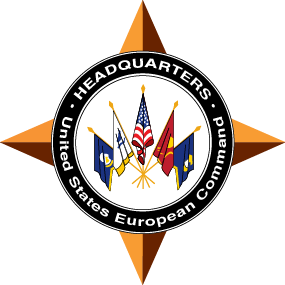For too many countries in the Balkans, democracy and civil liberties are fragile concepts. Political and economic development depends on strengthening the capacity of the region as a whole, encouraging stability, and bringing all countries closer to the EU.
The EU’s new Economic and Investment Plan for the Western Balkans, as well as the Chairs’ Conclusions from the last Berlin Process Summit held in Sofia and chaired jointly by Bulgaria and the Republic of North Macedonia, mark positive steps forward for regional cooperation. In particular, the WB 6 leaders’ agreement on the Declaration on Common Regional Market and the adoption of an Action Plan for the period 2021-2024 based on the EU four freedoms can provide a strong foundation for the region based on shared interests, strong leadership, and economic development.
The challenge now will be implementing this deeper level of cooperation and integration with other economic initiatives in the region. At present, aligning post-COVID economic recovery with political reforms presents an opportunity to take a step in the right direction, enabling the region to stand on its own feet and encouraging thriving, stable democracy.
Questions include:
- How can the EU’s Economic and Investment Plan, the Common Regional Market and other initiatives, such as the ‘Mini Schengen’ plan, complement each other and create political and economic reform?
- What are the most significant challenges facing the continued development of a regional agenda, and how can the EU provide support in overcoming these?
- How can regionalisation bring Western Balkans countries closer to EU accession?
Speakers
Majlinda Bregu
Secretary-General of the Regional Cooperation Council (RCC)
Petko Doykov
Bulgarian Deputy Minister of Foreign Affairs
Karoline Edtstadler
Austrian Federal Minister for the European Union and Constitution
Stevo Pendarovski
Macedonian President
Moderator
Dharmendra Kanani
Chief Operating Officer and Chief Spokesperson of Friends of Europe




























